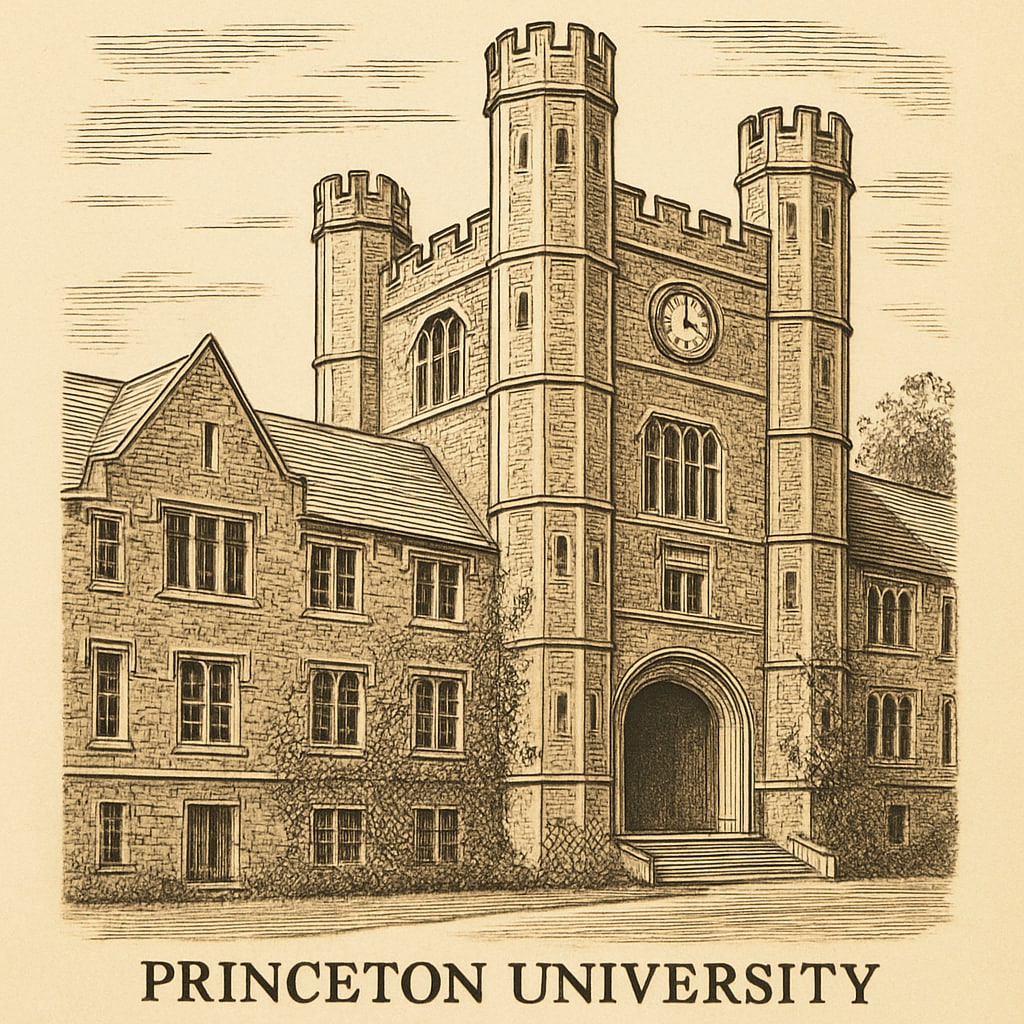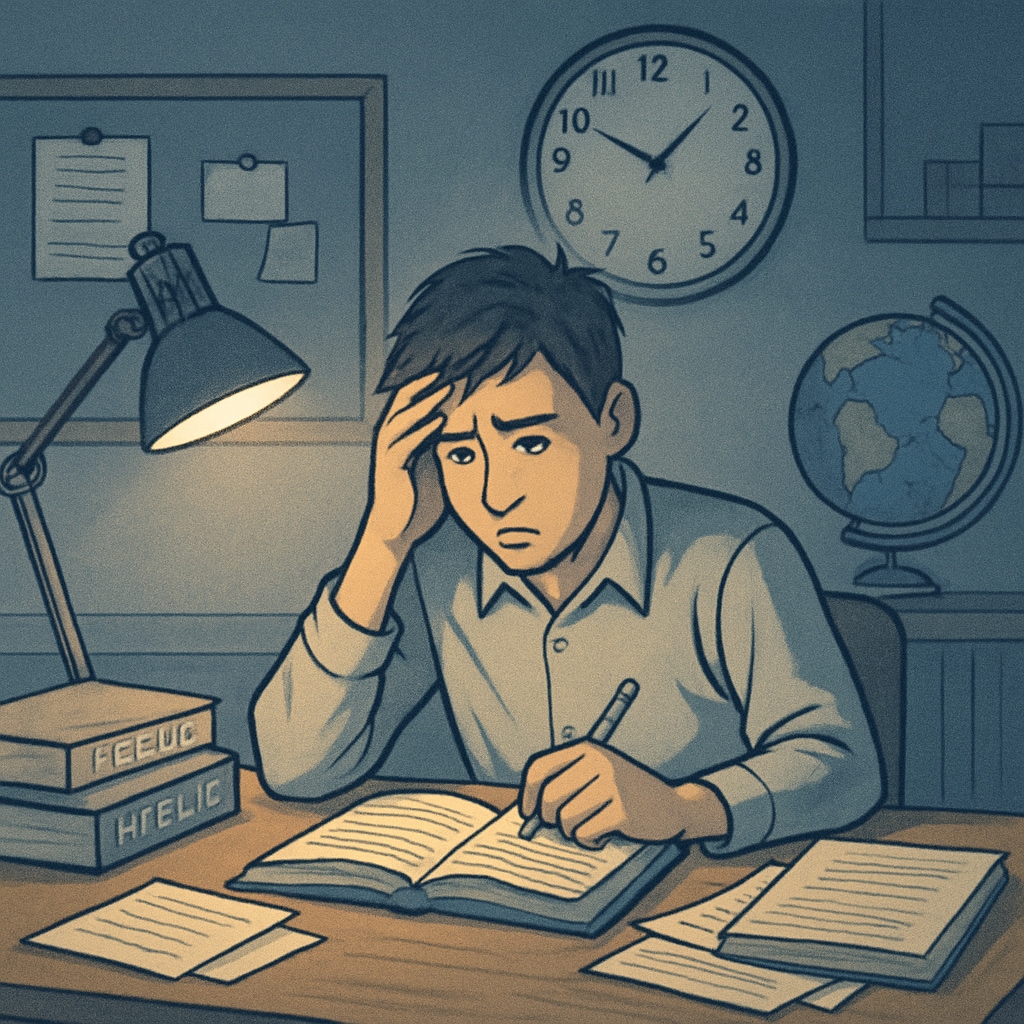The reputation of Princeton and other Ivy League schools has long been a subject of admiration, but are they truly deserving of their elite status? The phrase “Ivy League reputation” often evokes images of unparalleled academic excellence, but recent debates suggest these institutions might be overrated. This article explores the gap between their actual educational value and their perceived prestige while examining the broader impact of “elite school worship” on K-12 student development.
How the Ivy League Reputation Was Built
The Ivy League, a group of eight private universities including Princeton, Harvard, and Yale, has historically been synonymous with academic achievement, exclusivity, and social privilege. However, much of their reputation stems from historical factors rather than tangible proof of superior education. For example, Princeton’s long-standing traditions and alumni networks play a significant role in its allure rather than its current teaching methodologies or student outcomes.
While these institutions are undeniably home to talented faculty and students, critics argue that their perceived prestige often outweighs their actual contributions to education innovation. A key question arises: Are Ivy League schools truly better, or is their reputation merely a product of branding?

The Overvaluation of Ivy League Degrees
Many families and students view an Ivy League degree as a “golden ticket” to success. This belief has fueled intense competition, with students enduring rigorous preparation throughout their K-12 years to meet admission criteria. However, studies have shown that graduates from Ivy League schools do not always outperform peers from non-Ivy institutions in terms of career success or personal satisfaction. According to Britannica, the economic and social benefits of attending an Ivy League school often plateau when compared to graduates from less prestigious but equally competent universities.
Moreover, the obsession with attending elite schools can lead to unhealthy pressures on students. K-12 education often becomes a race to the top, focusing more on standardized tests and extracurricular achievements than fostering genuine intellectual curiosity.

The Impact on K-12 Students
The glorification of Ivy League schools has created a ripple effect within the K-12 education system. Schools and parents often prioritize activities that align with Ivy League admission criteria, such as advanced placement courses, competitive sports, and leadership roles, sometimes at the expense of fostering creativity, mental well-being, and holistic development. As a result, many students face burnout and anxiety long before reaching college.
Furthermore, the focus on elite universities can overshadow other valuable educational paths, such as community colleges, technical schools, or state universities, which offer specialized programs and practical career training. For example, Wikipedia highlights the diversity and accessibility of higher education options in the U.S., many of which provide comparable outcomes without the Ivy League price tag.
Rethinking the Value of Elite Education
While Ivy League schools undoubtedly offer opportunities, it is essential to critically assess their role in society. Rather than idolizing prestige, students and families should evaluate colleges based on their alignment with personal goals, values, and career aspirations. This shift in perspective can help reduce the unhealthy pressures associated with “elite school worship” and encourage a more balanced approach to education.
In addition, K-12 educators should focus on cultivating diverse skills and passions in students. By emphasizing creativity, resilience, and lifelong learning, schools can prepare students for success in any environment—whether or not it involves an Ivy League degree.
Readability guidance: This article uses short paragraphs and transitions to ensure clarity. Lists and examples illustrate key points, while external links provide credibility and further reading opportunities.


